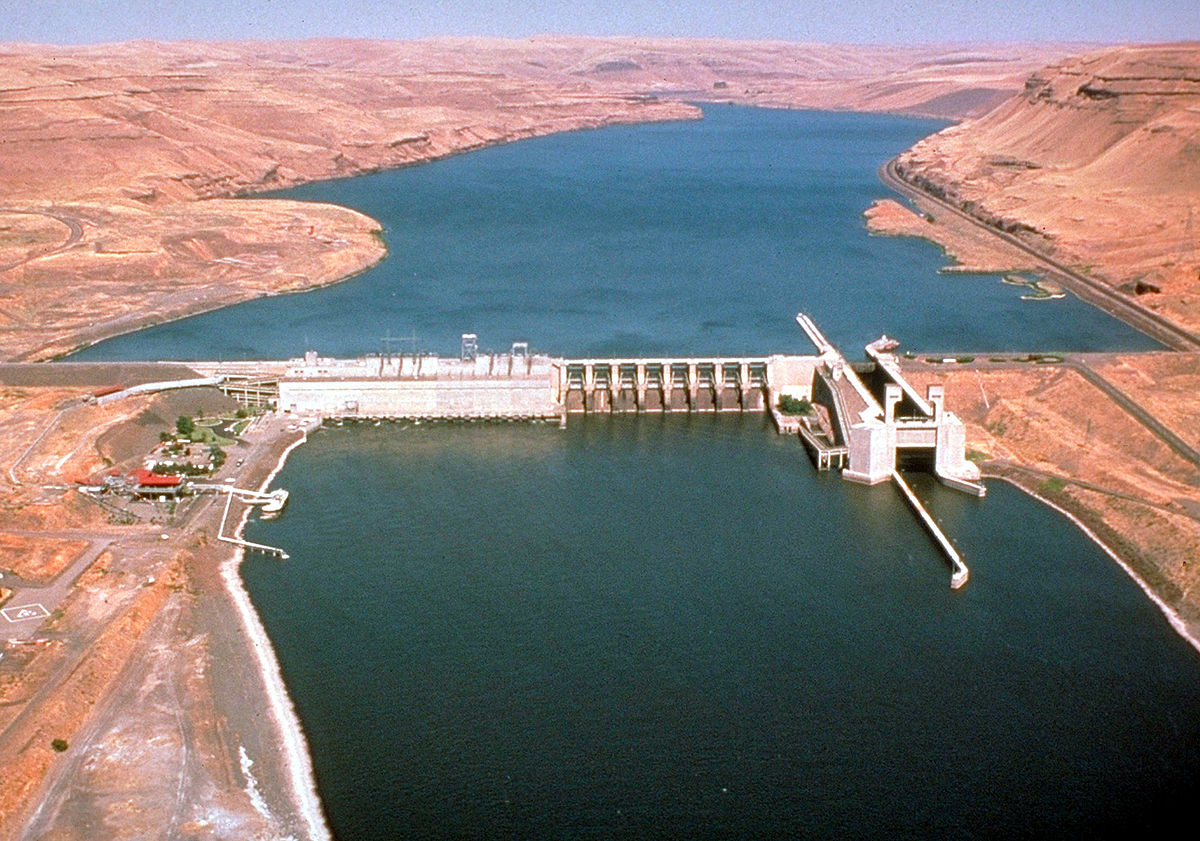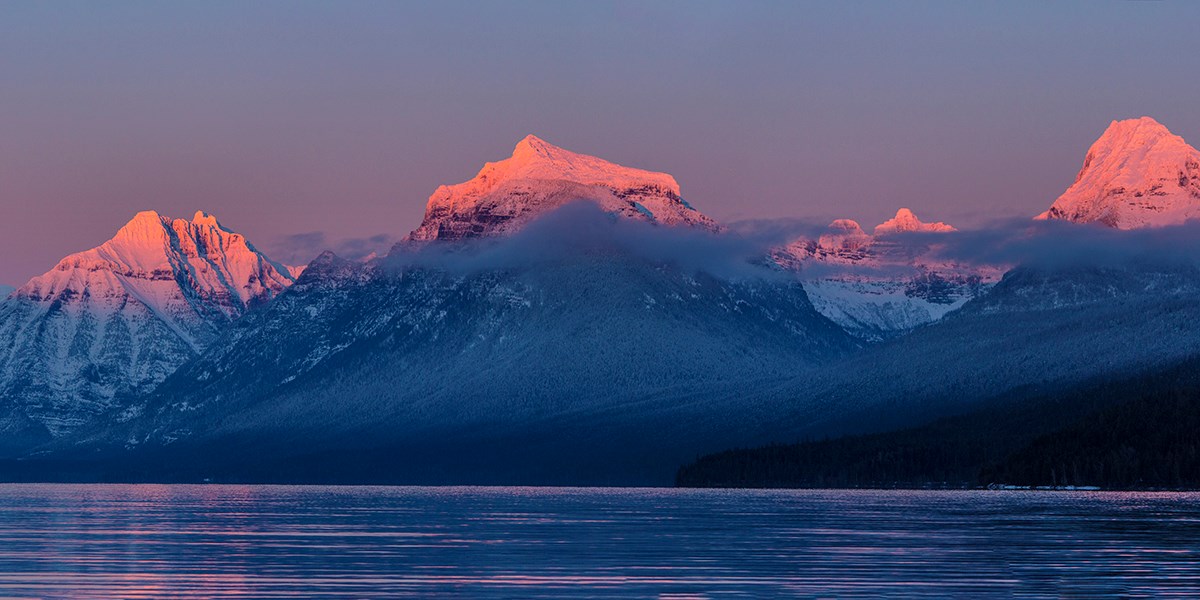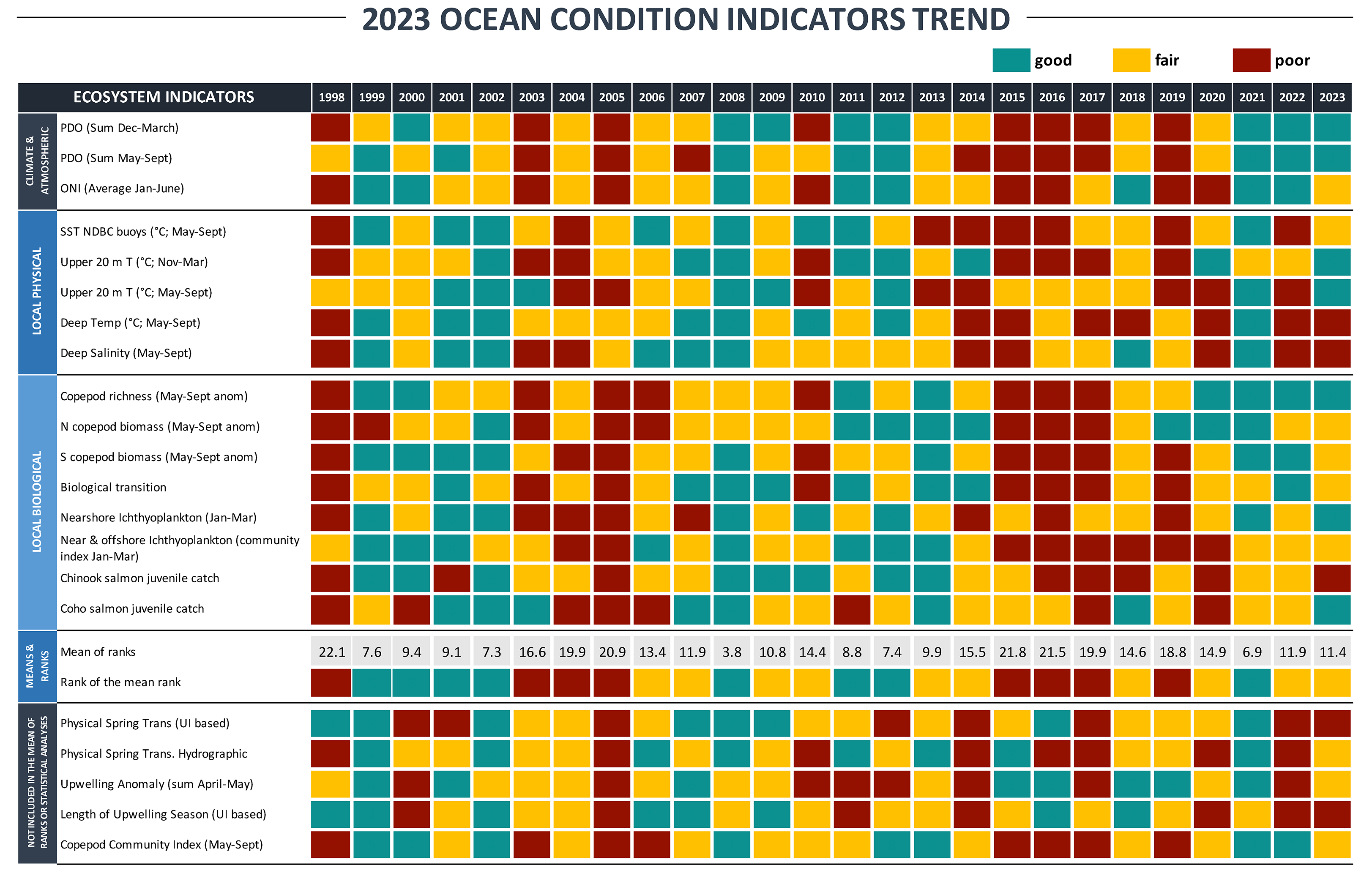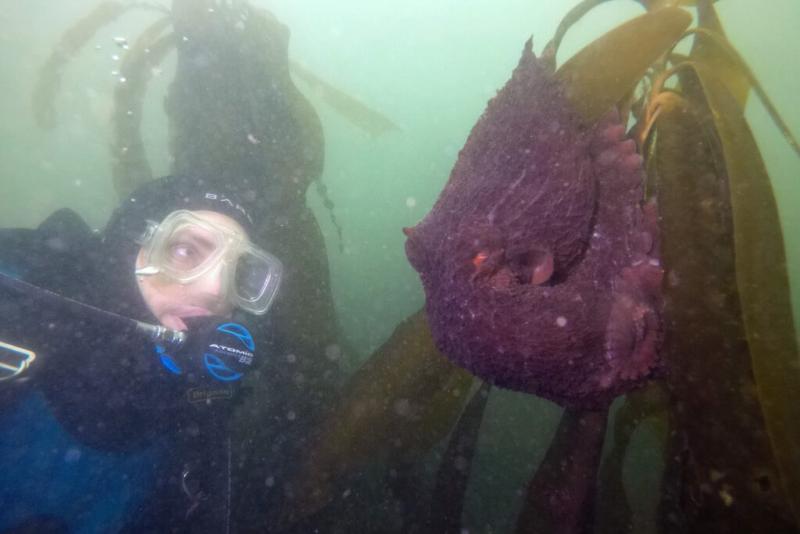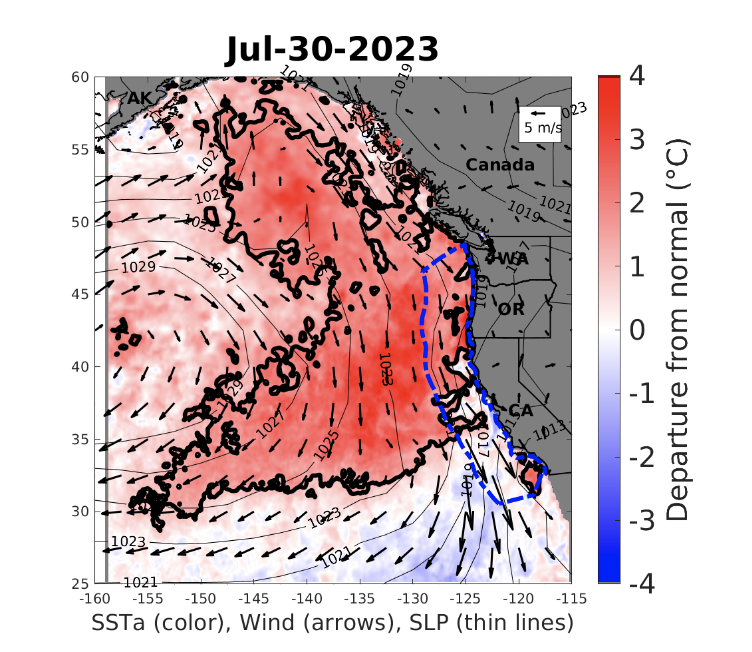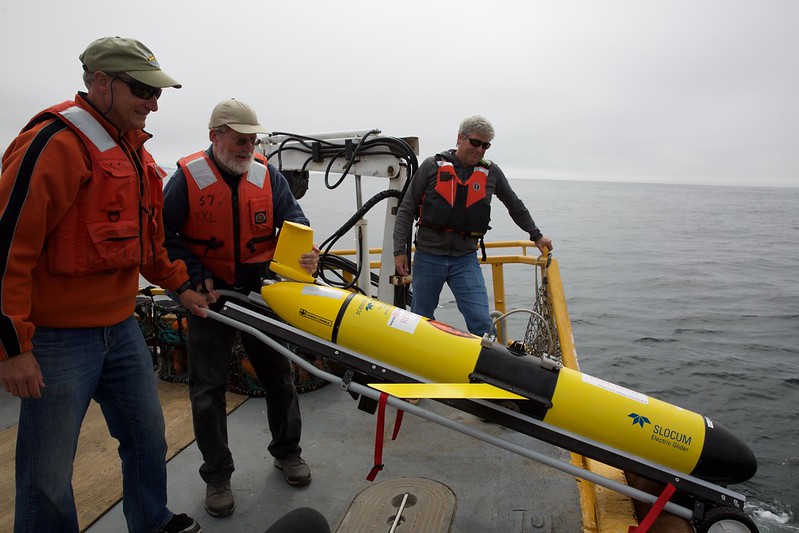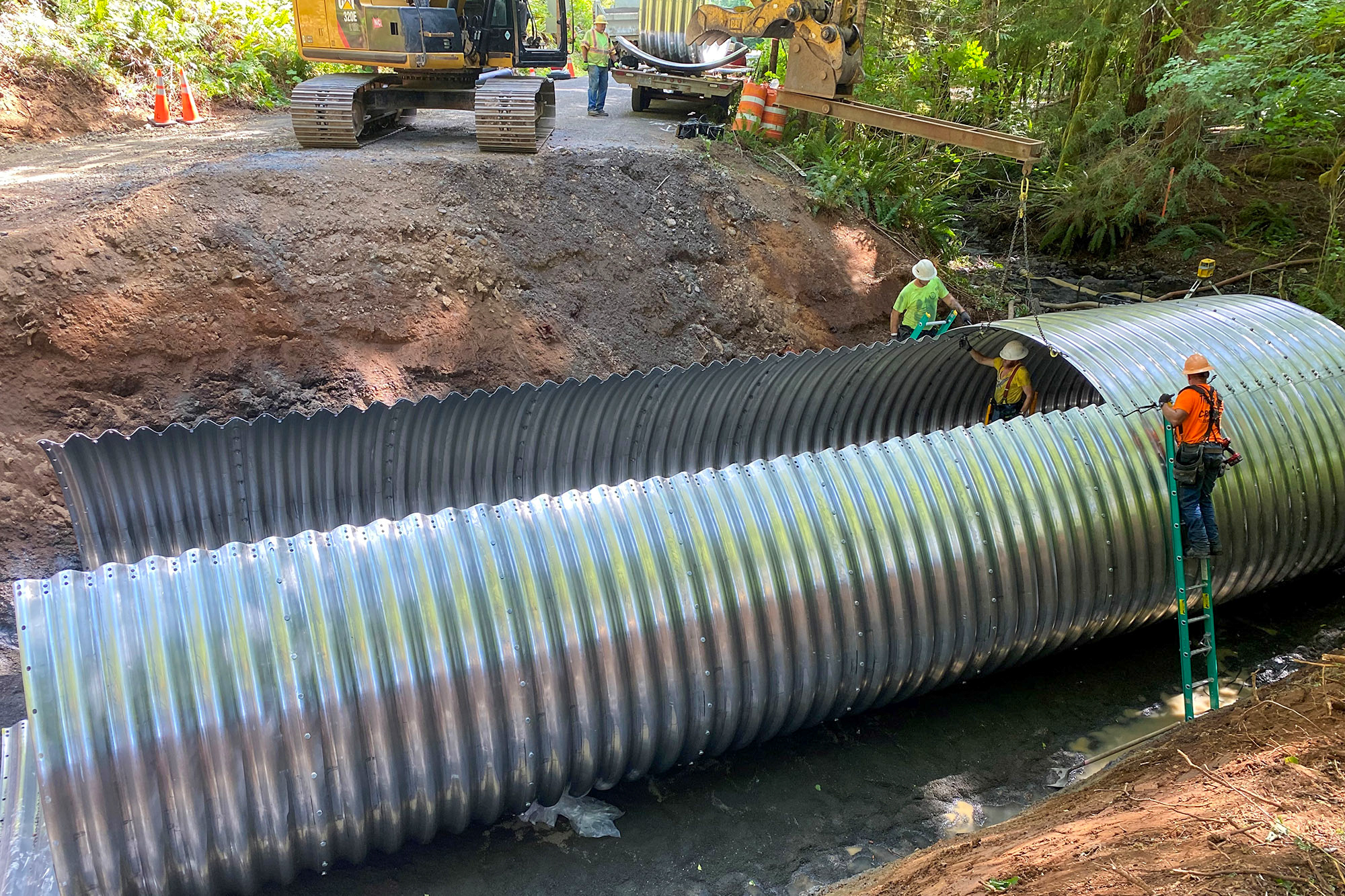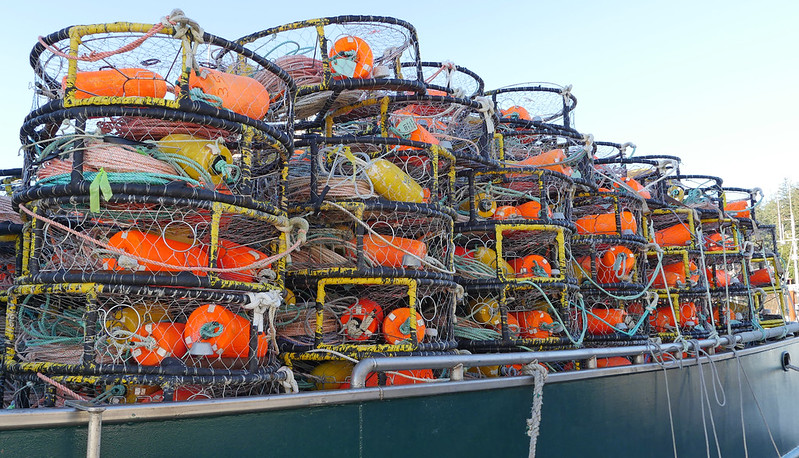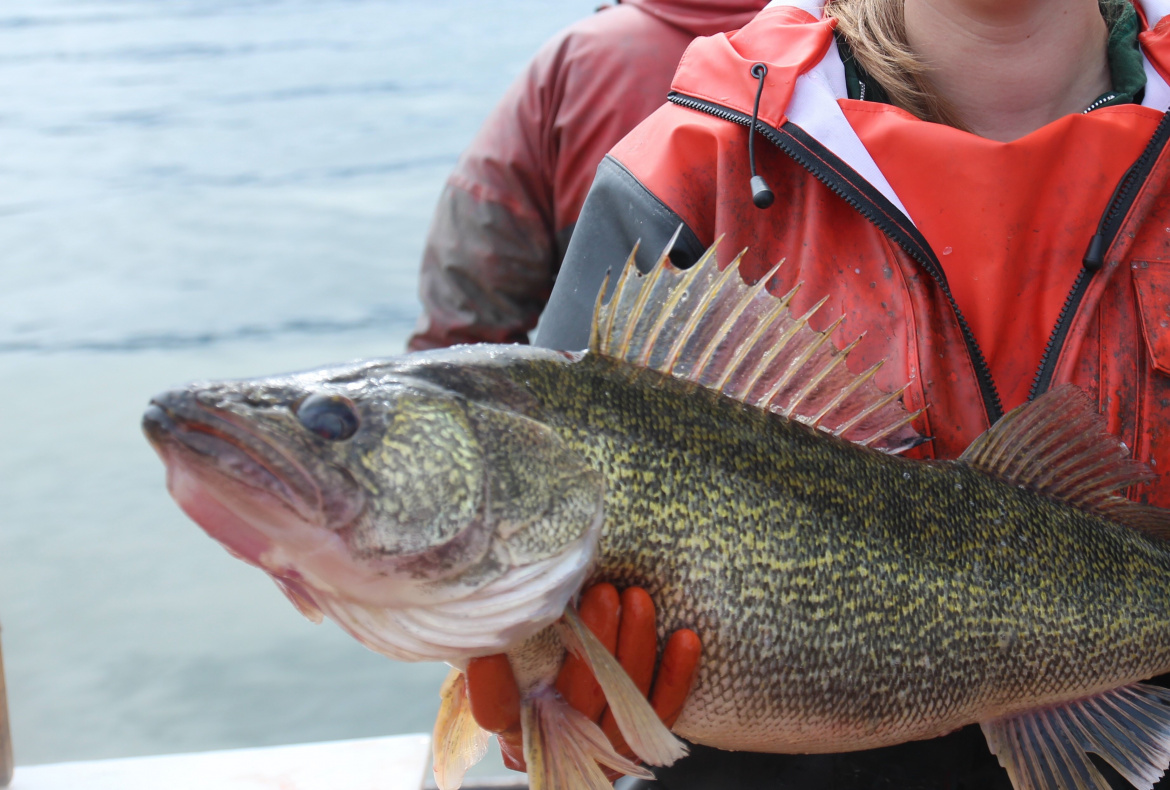Corps Says Report On Greenhouse Gases From Lower Snake Reservoirs Misleading; ‘Relatively Clean Reservoirs In Columbia/Snake River’
April 5th, 2024
The U.S. Army Corps of Engineers says that a report by a new group that recently asserted the four lower Snake River dams are a major source of greenhouse gases, particularly methane gas, largely used emission figures from dams and reservoirs outside of the Columbia and Snake river basins.
Montana Climate Office Says Western Montana Headed To Lowest Snowpack Ever Seen; Big Ripple Effects Downstream Of Three Major Rivers’ Headwaters
March 22nd, 2024
Snowpack this winter continues to be at an all-time low across several river basins in western Montana, indicating that this year could see water shortages, according to recent projections from the Montana Climate Office.
Ocean Conditions Key For Columbia River Basin Salmon/Steelhead Survival, NOAA Researchers Say About Average In 2023
March 22nd, 2024
urvival of Columbia River basin salmon and steelhead is poor – in most cases less than 2 percent smolt to adult returns – compared to a Northwest Power and Conservation SARs goal of 6 percent, according to a presentation at the Council’s March meeting.
Strong, Ocean-Warming El Nino Has Arrived But Researchers Say California Current Ecosystem Should Hold Up Better Than Last Time (2015)
March 22nd, 2024
The California Current ecosystem is a vital ocean system stretching from Washington to Baja California. It is facing a strong 2024 El Niño event, a cyclical warming of the Pacific Ocean. However, the latest information from NOAA’s Integrated Ecosystem Assessment program suggests the ecosystem is better positioned to weather these changing conditions than previous El Niño events.
OSU, NOAA Publish First Study Examining Marine Heat Wave Impacts On Entire Ocean Ecosystem In California Current, Food Webs Disrupted
March 22nd, 2024
Marine heat waves in the northeast Pacific Ocean create ongoing and complex disruptions of the ocean food web that may benefit some species but threaten the future of many others, a new study has shown.
Study: Low Oxygen Conditions (Hypoxia) Widespread, Increasing Off Pacific Northwest Coast
March 22nd, 2024
Low oxygen conditions that pose a significant threat to marine life are widespread and increasing in coastal Pacific Northwest ocean waters as the climate warms, a new study shows.
Reopening Rivers For Salmon, Steelhead: 10-Year Effort Underway To Remove, Replace Culverts Blocking Fish Passage On Olympic Peninsula
March 7th, 2024
The cold water rivers of Western Washington hold some of the last, best freshwater habitat for salmon and steelhead in the lower 48 states, and despite a warming climate, their high-elevation headwaters are predicted to remain cool enough for salmon and steelhead for at least the next 50 years.
Oregon Researchers Lead Effort To Expand Ocean Conditions Monitoring Using Sensors On Crab Pots
March 7th, 2024
Oregon State University researchers are leading an effort to refine the design and expand use of oxygen monitoring sensors that can be deployed in fishing pots to relay critical information on changing ocean conditions to the fishing industry.
Warming Waters Threatening Walleye, Spawning Timing Off With More Variable Spring Thaw
March 7th, 2024
Walleye are one of the most sought-after species in freshwater sportfishing, a delicacy on Midwestern menus and a critically important part of the culture of many Indigenous communities. They are also struggling to survive in the warming waters of the midwestern United States and Canada.

